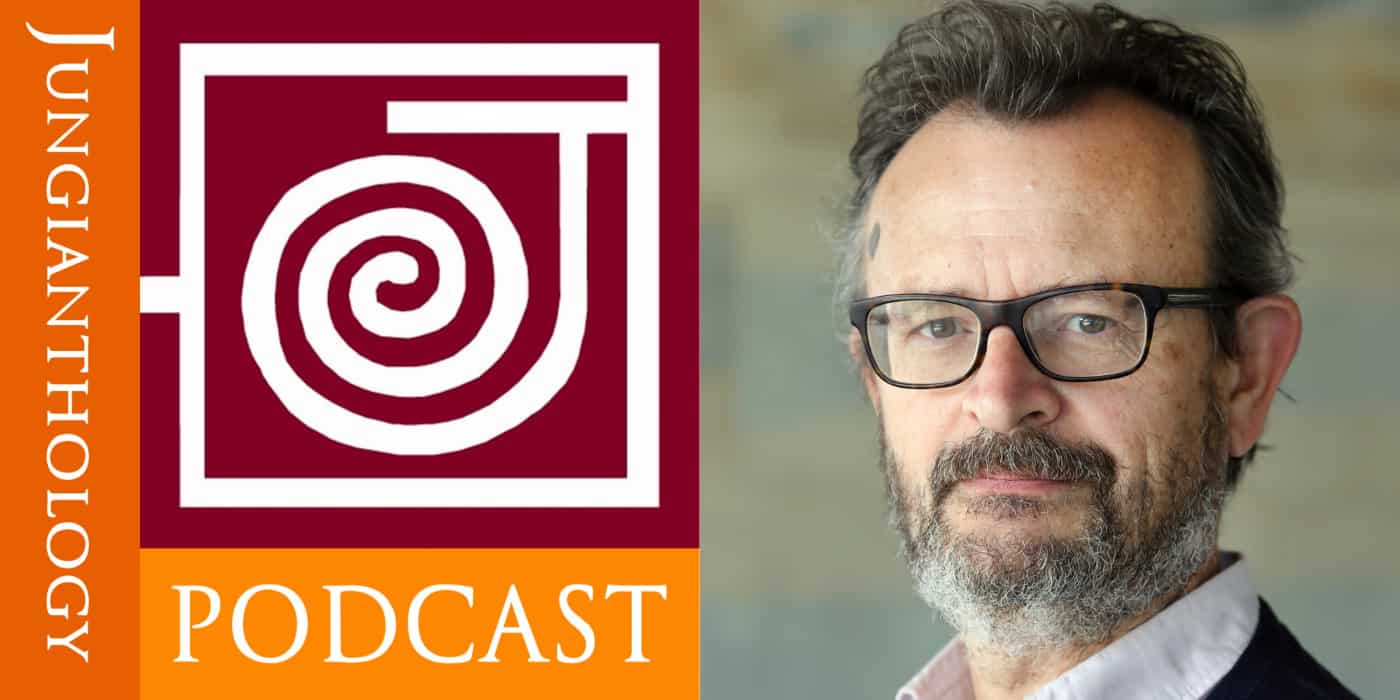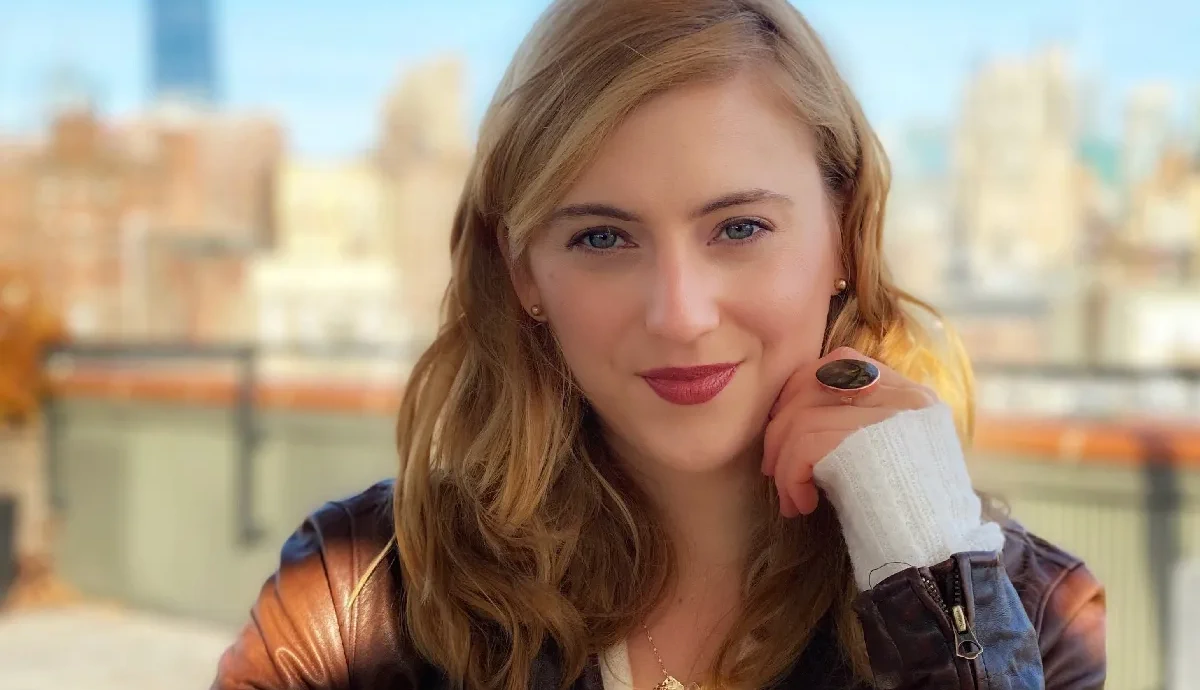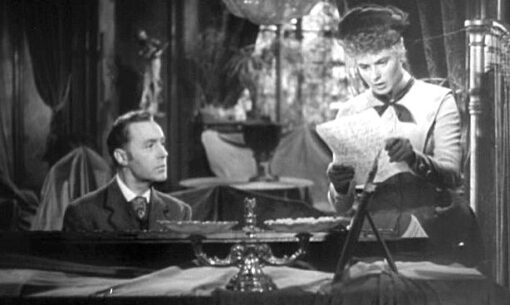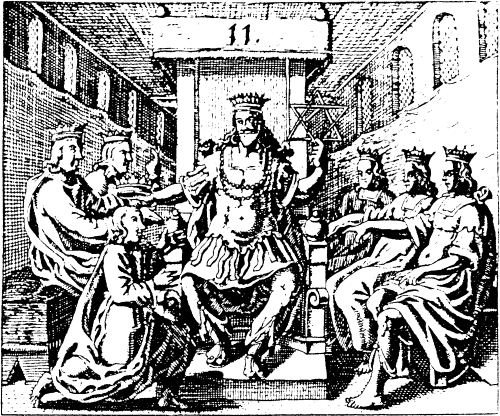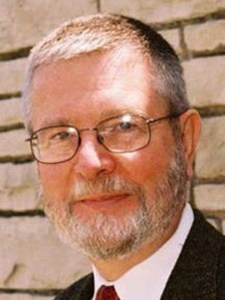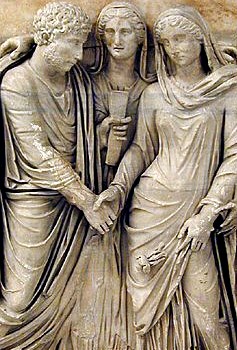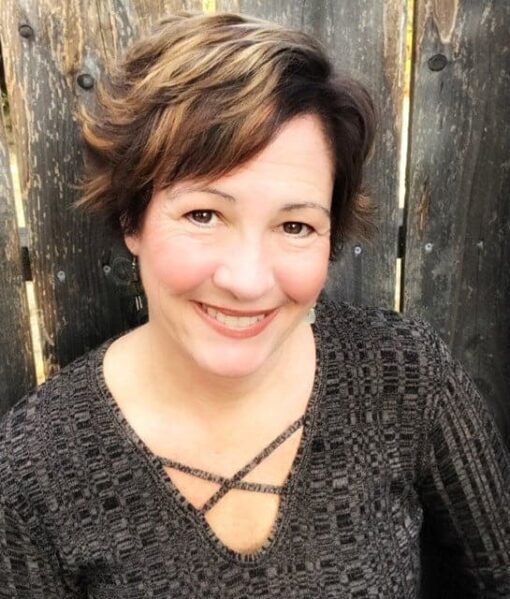March 26, 2021
with Laraine Kurisko, PhD, Jungian Analyst
For this Women’s History Month, we’re sharing the seminar The Return of the Archetypal Feminine & the Dawn of the New “Third” in its entirety. It was recorded on January 4, 2019. From the seminar description:
The archetypal “Feminine” is back, and She’s…”unhappy.” From “Me Too,” to the trial of Larry Nassar, to the rising refusal of young adults to be defined as either “male” or “female,” opting instead for the more neutral pronoun “they,” evidence of profound change is all around us. Neumann and Whitmont tell us that consciousness can be conceived as having evolved through stages, beginning the archetypal Great Mother. Several thousand years ago, this feminine consciousness was repressed in the service of the development of “Masculine” ego consciousness, which has, for better and worse, been accomplished. We now have considerable “ego strength” but no connection to anything beyond it, hence, a good deal of turmoil in a world that feels untethered, without purpose or direction. Both “Feminine” and “Masculine” dominated cultures were necessarily one-sided otherwise each could not have developed. But, what is next? And, what is required of us so that the new “third” can emerge?
In this class we will dive deeply into the bigger story at play here – the deep, archetypal dynamics and the wisdom behind them. We will begin to think about, observe, and imagine, the next phase of consciousness. Rather than simply enacting each stage via identification, we can step back and consciously embrace the gifts and costs of each, for men and women. By holding both in a conscious, creative tension of opposites, we can facilitate the emergence of the Mercurial “Divine Child.”
Laraine Kurisko received her PhD in Clinical-Depth Psychology from Pacifica Graduate Institute in 2000 and Diplomate Jungian Analyst from the C. G. Jung Institute of Chicago in 2016. Prior to beginning Analyst training in Chicago she attended the MN Seminar in Jungian Studies for nine years and the Philadelphia Seminar in Jungian Studies for one year. She has worked as a psychologist since 1987, and is currently in private practice in Eden Prairie. A Canadian by birth, she and her family enjoy their annual pilgrimage to their cottage near Sault Saint Marie, Canada, on the shores of Lake Superior.
PowerPoint: The slides are not available for this seminar.
Thank you to everyone who shared a little bit about themselves since the last episode. If you’d like us to know who you are, click this link, and I’ll read your submission on the podcast! No need to share any identifying information. This information will not be used for any other purpose.
You can support this free podcast by making a donation, becoming a member of the Institute, or making a purchase in our online store. Your support enables us to provide free educational resources to all.
Podcast: Play in new window | Download (67.7MB)
© 2019 Laraine Kurisko. This podcast is licensed under a Creative Commons Attribution-NonCommercial-NoDerivatives 4.0 International License. You may share it, but please do not change it, sell it, or transcribe it.
Executive Producer: Ben Law
Producer: Patricia Martin
Music: Michael Chapman
Thank you to our 2020 donors who gave at the Contributing Member level and above: Barbara Annan, Usha and Ashok Bedi, Jackie Cabe Bryan, Eric Cooper and Judith Cooper, Kevin Davis, George J. Didier, James Fidelibus, John Korolewski, Marty Manning, Dyane Sherwood, Deborah P. Stutsman, Debra Tobin, Alexander Wayne and Lynne Copp, Gerald Weiner, Karen West and James Taylor, and Ellen Young. If you would like to support this podcast, click here to join our community of supporters.
